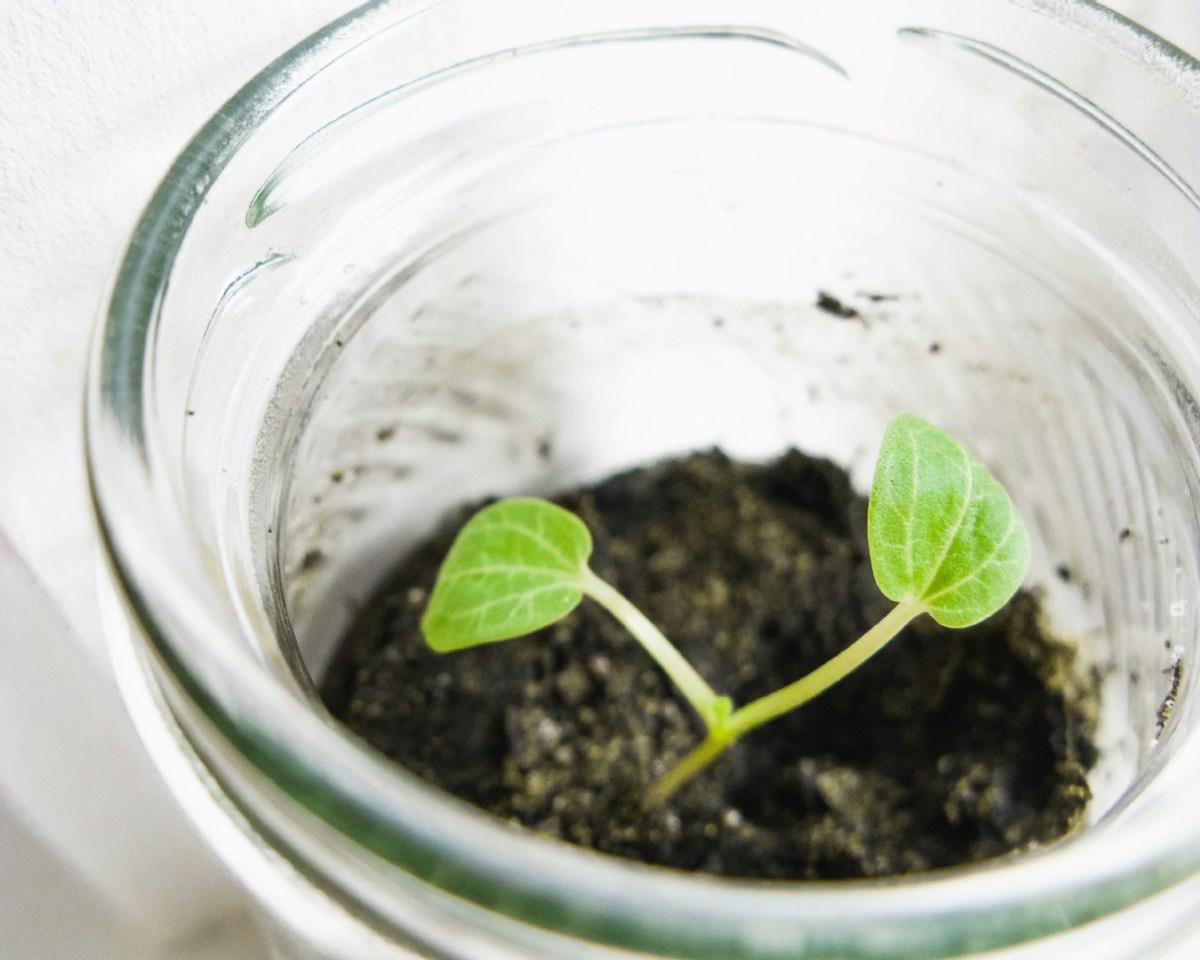On the character: 育
The World of Chinese 2024-03-23 09:00


The character that starts following you the moment you're born
A growing population is generally seen as essential for us to survive as a species, a concept deeply engrained in early human civilization. The worship of fertility-inspired art and religion dates back 30,000 years, specifically to a fertility goddess sculpture with exaggerated female reproductive anatomy—the famous Venus of Willendorf.
Today, we think of ourselves as less of a gift from the goddess and more the legacy of our parents, but we are so much more than their chromosomes. Environment, or nurture, plays a big role in shaping us into the people we are. Our character of the day is 育 (yù), meaning both "to give birth" and "to nurture, educate".
As you might imagine, the linguistic aesthetics of birth are as old as human history. On the oracle bones, the character for "birth" is quite self-explanatory. On the top of the character is the shape of a woman, on the bottom is an upside-down baby. Together, it creates the scene of a woman in labor.
Sometimes, in the top half the woman takes the simplified form of "人" (rén, people), other times it is the complicated " 每 "(měi, here indicating a woman wearing hair accessories, a usage lost in modern Chinese). Three dots were later added at the bottom of the character, which refer to the spilled blood of labor.
Later still, as the characters developed, their pictographic quality gave way to evolved forms that were more standardized and easier to write.
The simpler version of the word became 后 (hòu); a character that evolved to have the meaning of both birth and a title—equivalent of that of sovereign. This as well as the fact that 后 was the title of the chief of a matriarchal tribe has led scholars to believe that there was a connection between fertility and power. This usage is still in today's language, as in 王后 (wáng hòu, queen) and 皇后 (huáng hòu, empress).
Beware that in simplified Chinese 后 also means "after, back" or "behind", as in 先后 (xiān hòu, before and after); but in traditional Chinese, the different meanings are represented by two different characters: 后 and 後 (hòu).
The more complicated version of the word became 毓 (yù), in which the 每 radical was moved from top to left and the upside-down baby to the top right while the three dots of blood were elongated and positioned at the bottom right. 毓 means not only "to give birth", but also "to nurture", as in the phrase 鐘靈毓秀 (zhōng líng yù xiù), which means "a good environment nurtures good talent".
However, the most commonly used word for "birth" and "to nurture", 育, has a much later origin. It was in the Han Dynasty (202 BCE – 220 CE) that the character first appeared in seal script. This time, the upside-down baby was put on top of the character, while the bottom radical, 月(yuè), indicated its pronunciation. Together, they formed 育 (yù), meaning "to give birth", "to raise", and "to nurture, educate": ie. 生育(shēng yù, to give birth), 養(yǎng)育 (yǎng yù, to raise, nurture), and 教育 (jiào yù, to educate).
First and foremost, 育 is related to birth and fertility and can be exemplified by words such as 育齡 (yù líng), or "childbearing age"; 節(jié)育 (jié yù), or "birth control"; 絕育 (jué yù), or "to sterilize"; and 不育 (bù yù), or "infertility".
Secondly, 育 is related to "nurture". To cultivate is 培育 (péi yù); to feed and foster is 哺育 (bǔ yù). child care is 保育 (bǎo yù), nursing a baby is 育嬰 (yù yīng). Of course, such care in not limited to children. For instance, 育苗 (yù miáo) means "to grow seedlings".
Finally, the most frequent combinations of words with the character 育 are related to education. For instance, physical education is 體育 (tǐ yù), 智育 (zhì yù) is "intelligence education", and 德育 (dé yù) is "ethical education". When you add in the ubiquitous 愛(ài)國(guó)主義教育 (ài guó zhǔ yì jiào yù)or "patriotic education", it is indeed a lot to learn.
Throughout the journey to adulthood, 育 seems to be a constant theme in our lives. It makes us who we are, and, for better or worse, our species marches on.
來(lái)源:The World of Chinese
編輯:萬(wàn)月英

















 英語(yǔ)點(diǎn)津微信
英語(yǔ)點(diǎn)津微信 雙語(yǔ)小程序
雙語(yǔ)小程序